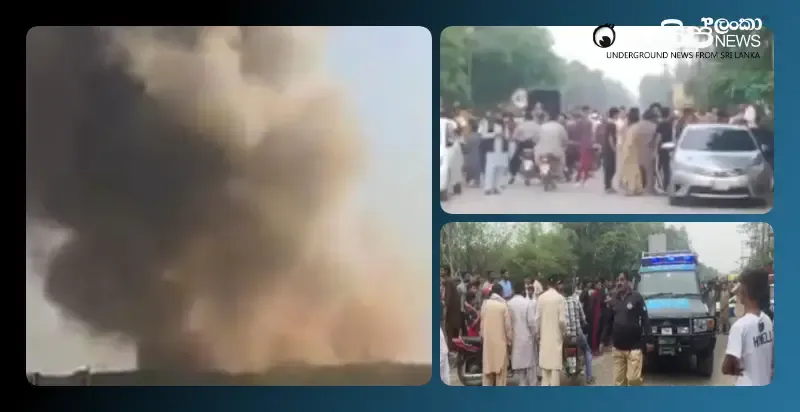Tensions between nuclear-armed neighbours India and Pakistan have escalated dramatically following deadly airstrikes across the disputed Kashmir region, with Islamabad vowing retaliation and New Delhi standing by its actions.
Pakistan’s Prime Minister Shehbaz Sharif denounced India’s early morning strikes on Pakistani territory as an “act of war,” declaring that India must “suffer the consequences” of what he termed a “cowardly” and provocative assault. Speaking at a press conference on Wednesday, Sharif said he had authorised Pakistan’s military to carry out “corresponding actions” in response.
India claimed the pre-dawn strikes targeted nine militant hideouts within Pakistan-administered Kashmir, framing the operation as a measured retaliation for the 22 April massacre in Pahalgam, Kashmir, where dozens of tourists were gunned down in a brazen attack. The Indian government has not officially confirmed casualties or losses on its side but defended the mission as a necessary response to “cross-border terrorism.”
According to Pakistani officials, the airstrikes killed at least 31 people and destroyed a mosque. Dozens more were injured. Among the dead, the Pakistan-based militant group Jaish-e-Mohammed claimed that 10 members of their leader’s family had been killed. Additionally, five more people reportedly died from shelling near the Line of Control (LoC), the heavily militarised de facto border that divides Kashmir.
Pakistan’s Defence Minister Khawaja Muhammad Asif told Bloomberg that Pakistani forces had downed at least five Indian aircraft. Eyewitnesses in Pakistan-administered Kashmir described the dramatic scene of one jet’s wreckage lighting up the night sky with a powerful explosion.
The situation on the ground has grown increasingly volatile, with heavy artillery fire exchanged overnight and into Thursday morning across the LoC. The Indian army reported that 15 civilians were killed by what it described as “indiscriminate” Pakistani shelling.
The international community is watching the crisis unfold with growing concern, as the spectre of broader conflict between the two nuclear powers looms. Calls for restraint have been issued by several governments and the United Nations, but with both nations hardening their positions, the path to de-escalation remains uncertain.
![Gossip Lanka News [English] Gossip Lanka News [English]](https://blogger.googleusercontent.com/img/a/AVvXsEhYm2aFFq-bIW1nWX-RrqnPFoIsVos6_VCVz8BpLt0QJi55GNXHXC2fugeRvL0qUStEuCfs7Sfu6ZiSlhrkldxfGuE_wzy5gitY6rMZ2KSi8VBbGvkgXLks37RwZV-4-HKbWiNLRxB8C_r1e4z3mpxFTMPDJPEADoG8E-bZteWFipeD5KNGbjvCfqEfKw=s300)
